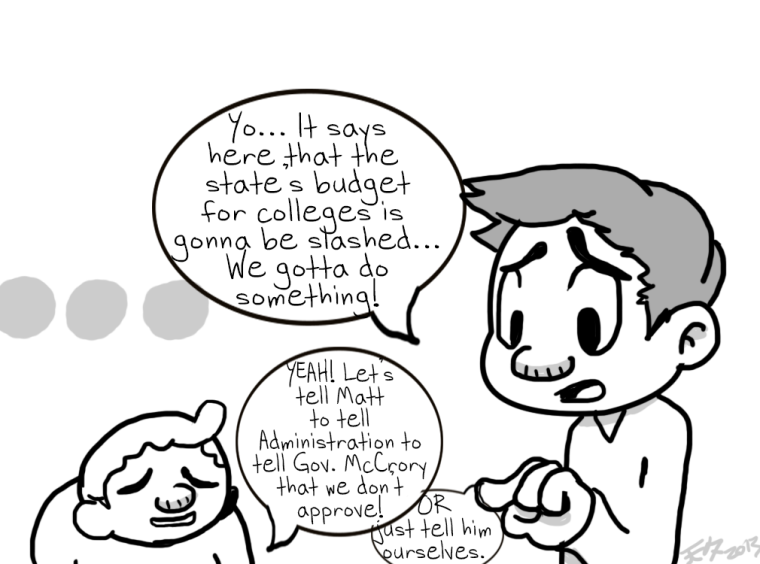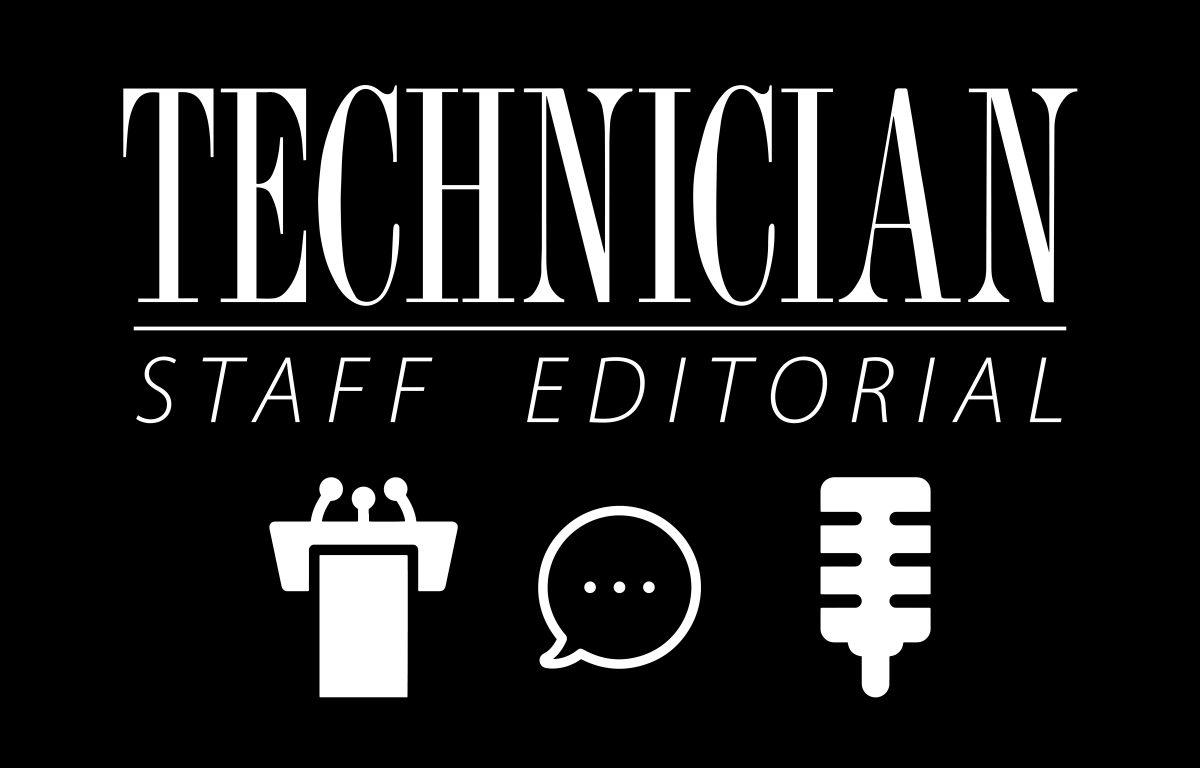Professors from public and private universities who call themselves the Scholars for a Progressive North Carolina came together at Duke University on Thursday to fight conservative legislation being laid down by our state’s Republican supermajority. They called their public forum “Save the State,” discussing ways North Carolina could be safeguarded from the current government’s “extreme right-wing agenda, funded by some of the wealthiest individuals in North Carolina and the nation,” to quote Nancy MacLean, a professor of history and public policy at Duke.
The forum discussed matters including proposals to cut Medicaid, lift environmental regulations, change voter I.D. laws, cut taxes for the wealthy, reduce unemployment benefits and — more importantly to us –education. The scholars spoke out against the privatization and devastation of education through proposed policies such as eliminating one or two campuses in the UNC System and Gov. Pat McCrory’s proposed $135 million budget cut for the UNC System.
While we at Technician stand with the SPNC in believing our education needs to be stood up for, we look to more than this group to propel change. Rather, we echo N.C. State history professor Katherine Mellen Charron in saying, it is the students who, more than anyone else, are in a position to defend public education. This is not only because students are most affected, but also because power comes with numbers.
Gov. Pat McCrory’s vision for the state features a strong emphasis on customer service. He recognizes the importance of the customer, and he’s right — customers, those who choose whether or not some service is to be procured, are powerful. We students are customers when it comes to education, and with that, we inherently have the authority to demand better customer service.
This potential stands in stark contrast to the timidity and apathy with which most students regard educational affairs. Students have historically been predisposed to get angry in this country — the image of campus radicalism from the 1960s has not faded from our cultural memory — and still are similarly predisposed in the rest of the world. Just north of the border in Canada last year, students in Quebec went on strike and sparked a movement that drew in hundreds of thousands of citizens into the streets because of proposed legislation to increase fees by 82 percent over seven years — which amounts to more or less the norm here. They triumphed, and in effect, supplanted the existing government as well.
At N.C. State, students (like those belonging to NCSU Student Power Union) are trying to rile up the campus in such a measure. This group is currently organizing a fight-back against the new budget proposed by McCrory, with demonstrations planned for April 15 and May 1. However, this group isn’t drawing in the same numbers as the organizers in Canada did.
South of the border, we remain either ignorant about struggles such as those in Quebec or cynical that we can do anything to defend our institutions of learning. Ignorance may well be explainable by reasons such as news outlets that don’t highlight such important happenings and by television shows, smartphones and other weapons of mass distraction. Cynicism in our generation may also stem from a multitude of reasons — hopelessness regarding our future, a perception that protest is a hobby only of ruffians, ingrates and extremists, and other factors. However, both ignorance and cynicism are unwarranted — the former, because you’re reading this editorial, and the latter, because successful student movements have existed and still occur worldwide.
The thing about these movements — be they in Canada or Chile — is they consist of bottom-up action. Students themselves, not organizations of professors or stooge-like Student Governments, speak out with a dogged, powerful voice to bolster public education. That is why we are writing this editorial to the student body of N.C. State, and not to the newly-elected Student Body President, Matthew Williams, though we believe he has the power to rally students. (He even credits his success from starting from the “bottom and building up.”)
While we fully expect Williams to speak on behalf of student interests — and aggressively, if necessary — we believe with the structure of Student Government and the precedent set by it, his position amounts to little more than that of a compliant mascot for the administration. We believe the real power to defend education lies with the students, and we think we should not hesitate to come together, exercising our might and standing up for our University’s well-being. If we call ourselves the Wolfpack, it’s about time we acted like one.




